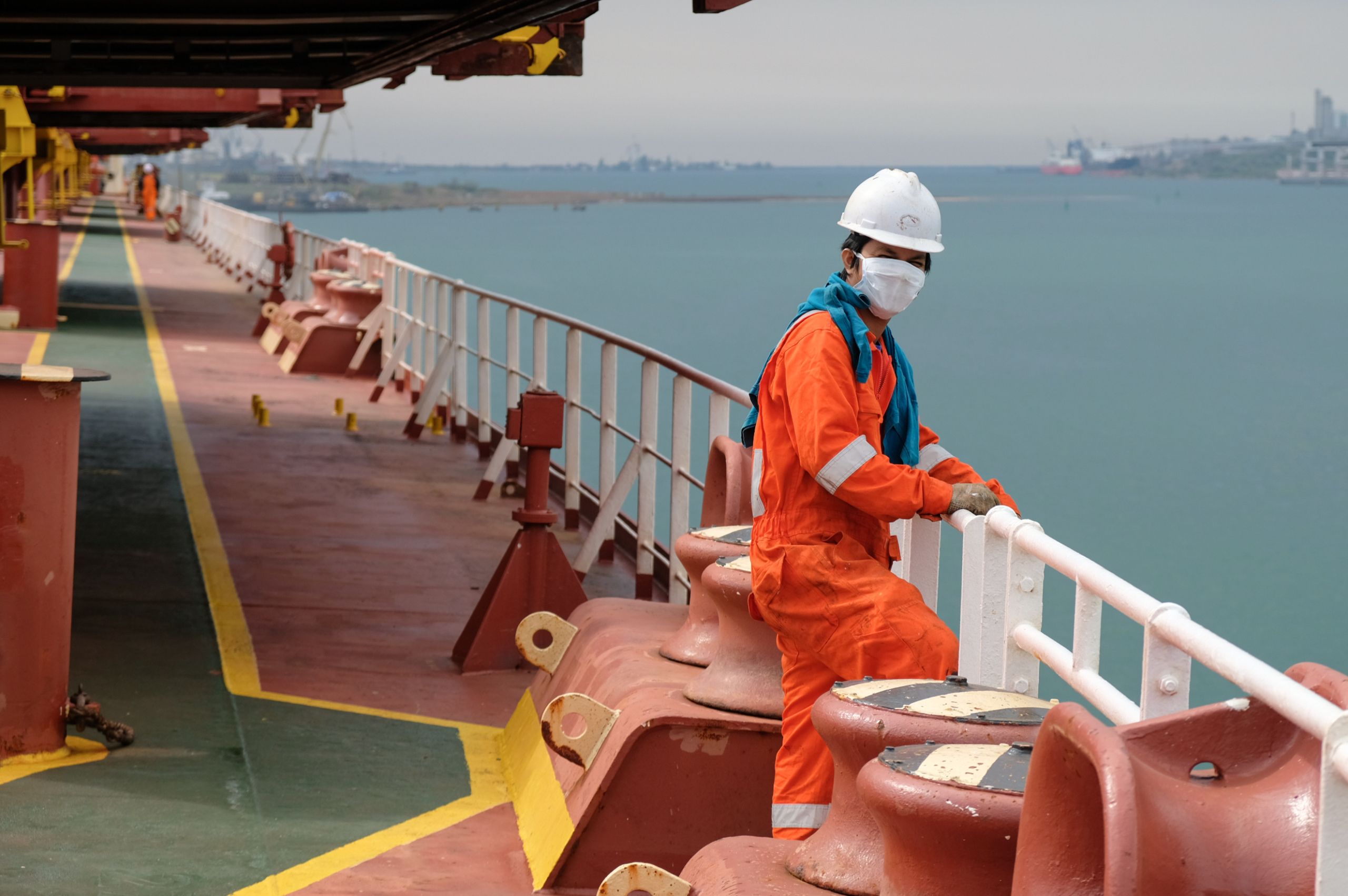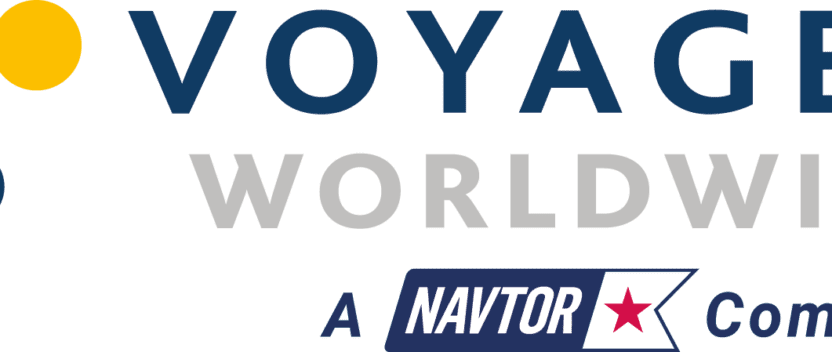Welfare, social mobility and the future of seafaring

The last 18 months have shown the collective inability of the shipping industry – charities, corporates, unions and even the IMO – to convince governments to prioritise the needs of seafarers during a crisis.
With a few exceptions, nations have repeatedly failed to act on the ongoing crew change crisis and there is a clear need for more lobbying power and increased co-ordination when it comes to advocating for the rights of seafarers as a whole.
That’s the conclusion of a new report by consultancy Thetius which explores the changing role of seafarers over the coming three decades and how these changes can be reconciled with the role the welfare sector plays in supporting them.
This is an issue that goes beyond providing a voice in a crisis, the report suggests. Even more important is the ability to advocate for the improved quality of employment and training standards, better welfare onboard and better protections for seafarers from legal and abandonment issues.
Though incredibly well intentioned and absolutely necessary, the industry’s reliance on welfare services is also a problem that needs to be addressed; no other modern profession relies so heavily on a network of charitable organisations to undertake basic welfare duties that would ordinarily be the responsibility of an employer in a shore-based organisation.
Looking ahead to 2050, the report predicts that two populations of seafarers will likely emerge. First, if the promises of automation are realised, a small number of highly trained, highly skilled, and highly valued workers will be required to act as vessel operators.
This role will probably combine deck, engineering, and electro-technical disciplines, with the individual mostly engaged with systems and situational monitoring with the occasional need to intervene. It is also likely that this role will involve some combination of work in remote operations centres ashore and work that is physically located on a vessel.
The second group will likely be engaged solely in vessel maintenance, carrying out relatively low skilled but dangerous work for less pay. It is possible that, rather than traditional crewing structures, we will see teams of people acting as riding gangs only when a vessel needs maintenance.
Though there has always been a financial divide between officers and ratings, seafaring has traditionally been a great tool for social mobility. It is quite possible today for an individual seafarer from a poor background to join the profession as an ordinary seaman or wiper, and in time work their way to a captain or chief engineer’s role.
With a smaller number of highly skilled roles for hybrid ship’s officers, the gulf between the top and bottom will only grow, decreasing social mobility within the industry and increasing the likelihood that those trapped in relative poverty or face abusive practices from unscrupulous employers.
This creates a number of questions for the organisations that make up the maritime welfare sector; how can individual seafarers keep pace with the knowledge and skills they need to thrive in this changing environment? How can the rights and interests of the poorest maritime workers be protected and how should welfare provision be delivered and funded in future?
The skills requirements of the future workforce will look very different to now, with a smaller number of people trained to take overall responsibility for a ship, whether remotely or onboard. The industry will need to invest heavily in this skills shift and ensure that everyone involved in the operation or maintenance of the shipping fleet has the hard skills they need to do the job.
But there will almost certainly be a significant number of seafarers, particularly those in the latter stages of their career, who are left behind by the change. This will create a challenging environment for the welfare sector, where some of the most needy seafarers are no longer onboard ships, but instead destitute ashore.
Overall, a more holistic approach to knowledge and skills will be required in future, with more focus and emphasis placed on helping everyone in a seafaring community, including family members, to develop skills. This includes the soft and hard skills needed to ensure the security and wellbeing of a family both whenever an individual is at sea, and after they have moved ashore.
Whether through abandonment, legal issues, or welfare issues on board, for many seafarers there will come a time when they need someone to speak for them. All of the maritime welfare charities and unions offer some kind of advocacy service for seafarers.
Either way, the report concludes that action needs to be taken now to ensure that welfare frameworks are put in place; there needs to be a global solution to welfare needs as the current delivery models are struggling to cope with demand now, let alone in the future.
A fair future for seafarers is available for download from https://www.inmarsat.com/en/insights/maritime/2021/a-fair-future-for-seafarers.html


